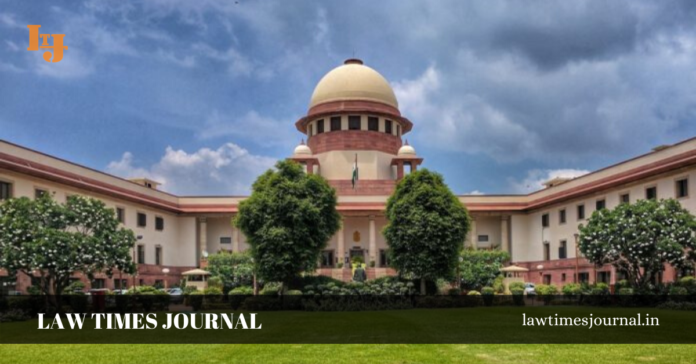
The Government of India has presented an application in the Supreme Court to amend guidelines to safeguard the interest of death convicts. The bench in the Supreme Court did order in their Judgment of Shatrughan Chauhan case, where it was ordered to give 14 days from the rejection of Mercy plea and execution. Additionally, the reason which was given by the bench was to give some time to the convict to make peace with the god and his fate. In the letter given by the Home Ministry affairs mentions, convicts the refuge of Article 21 and the judgment made by the Supreme Court in 2014 by which they take the judicial process for a ride. Whereas, the interest of the government has been mentioned in which they want to make the guidelines victim-centric than convict-centric and they want that the latter bound to appeal for curative petition after the rejection of review petition within a specific period. Consequently, the government made its position clear about those cases in which death sentence has given to multiple convicts; the issuance of death warrant need to be made within seven days after the rejection of mercy plea to the President of India and the execution should take place in seven days after the release of death warrant against convicts. The application is important from the perspective of the current prevailing situation where the convicts’ execution has delayed which shall be on 1st February 2020 after a mercy plea made by one of the convicts in Nirbhaya Rape Case, 2012. However, if one of the convicts’ files a petition for mercy on 31st January then the execution may be delayed, if the apex court entertains the application of the Government of India before that and accepts to make changes in the guidelines, it would be difficult for convicts to buy the time.
Key Features:-
- The then Chief Justice of India, P Sathasivam consisting of Justice Ranjan Gogoi & Shiva Kirti Singh reiterated about the Article 32 of the Constitution of India were the words of Dr BR Ambedkar was used in which he maintained that, in the absence of Article 32, the Constitution will be null and cannot refer to any other Article than this one as it is the soul and the very heart of it.
- The petition is filed when there is an alleged infringement of the fundamental rights on account of the failure from executive to dispose of the mercy petition which is there in the Article 72 and 161 of the Constitution of India.
- The Bench intended to establish guidelines for the execution of convict which was to safeguard the interests of the convicts:-
(i) Solitary Confinement
(ii) Legal Aid
(iii) Procedure in placing mercy petition to the President
(iv) Communication of rejecting the mercy petition by Governor.
(v) Communication of rejection of mercy petition by President
(vi) Death convicts have the right to receive a copy of rejection of Mercy Petition either by President or Governor.
(vii) Minimum 14 days of execution
(viii) Mental health evaluation
(ix) Physical and Mental Health Reports
(x) As there are convicts who are poor and they need to be provided with documents which need to be provided within a week by authorities.
(xi) Allowing convicts to meet their family
(xii) Post-Mortem Reports
In Deen Dayal and Ors v. Union of India (1983) 4SCC 645, did questioned the hanging of convicts with ropes as it is barbarous and against the Article 21 of the Constitution of India which challenged the validity of Section 354(5).
Edited by J. Madonna Jephi
Approved & Published – Sakshi Raje
Reference
- The Print, Modi govt moves SC to speed up hangings, change its 2014 guidelines on death row convicts https://theprint.in/india/governance/judiciary/modi-govt-moves-sc-to-speed-up-hangings-change-its-2014-guidelines-on-death-row-convicts/353212/
- Deccan Herald, Centre moves SC for fresh guidelines on execution of death row convicts
https://www.deccanherald.com/national/national-politics/centre-moves-sc-for-fresh-guidelines-on-execution-of-death-row-convicts-797146.html - India Kanoon, Shatrughan Chauhan & Anr vs. Union of India & Ors on 21 January, 2014 https://indiankanoon.org/doc/59968841/








